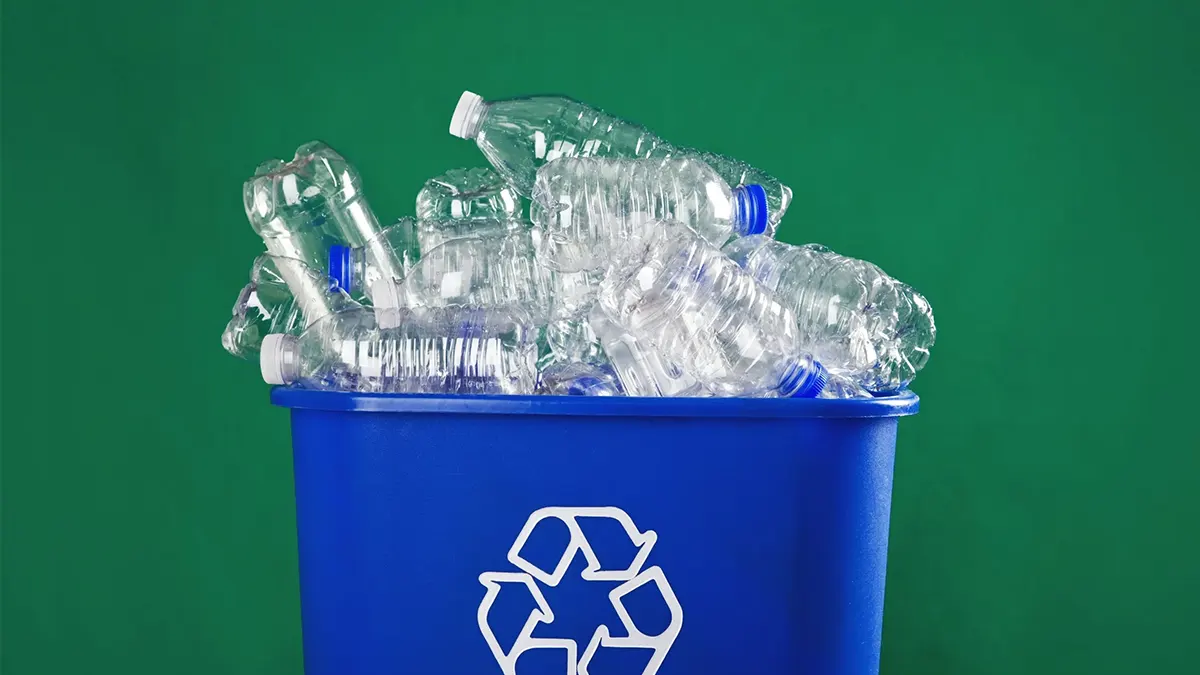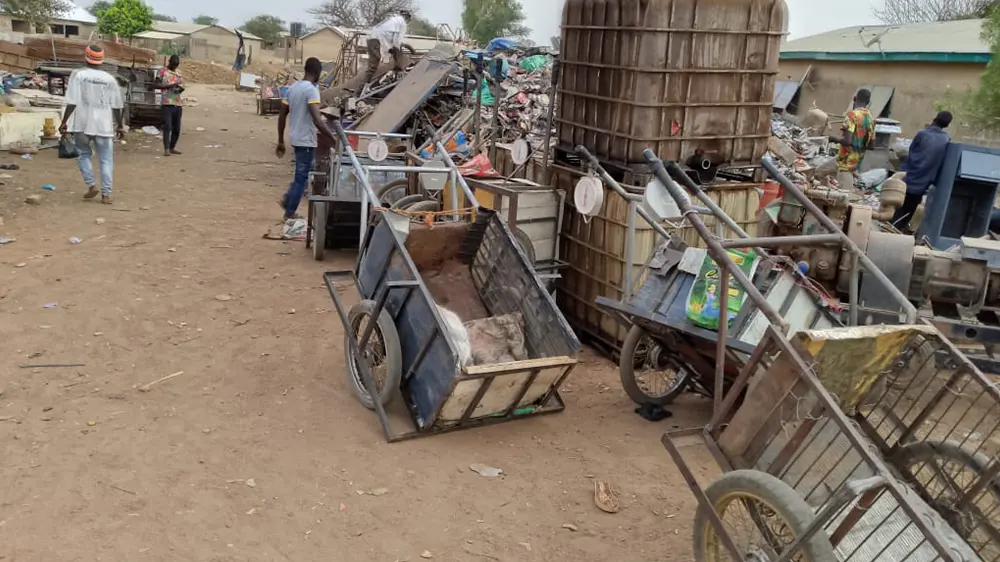Despite widespread acknowledgement that plastic recycling is neither technically nor economically viable, petrochemical companies have persisted in deceptive marketing and public education campaigns to promote the illusion of plastic recycling as a solution to plastic waste. A recent report titled “The Fraud of Plastic Recycling,” issued by the Center for Climate Integrity, sheds light on the orchestrated efforts by petrochemical companies to mislead the public and policymakers regarding the efficacy of plastic recycling.
The report accuses these companies, along with their industry trade associations and front groups, of engaging in deceptive campaigns aimed at safeguarding and expanding plastic markets while obstructing legislative or regulatory actions that could address plastic waste and pollution effectively.
According to the report, petrochemical companies have promoted plastic recycling as a false solution to the plastic waste crisis, despite being aware of its technical and economic limitations. By perpetuating the myth of plastic recycling, these companies have created a steady demand for plastic disposability, ensuring continued production and consumption of single-use plastics.
Historically, the plastics industry's playbook has involved promoting landfilling and incineration to conceal plastic waste from public view. However, as public awareness and opposition to disposable plastics grew, the industry shifted its focus to promoting plastic recycling as a viable solution. This deceptive strategy has been maintained for over 50 years, despite mounting evidence of its ineffectiveness.
The report challenges industry representations of “advanced recycling” technologies, such as pyrolysis and gasification, as viable recycling solutions. It argues that these processes, which involve exposing plastic waste to extreme heat or chemicals, do not lead to the production of new plastic products and generate hazardous waste byproducts.
In response to the report, Dr Alexander Nti-Kani, a Climate and Environmental Economist at the Centre for Climate Change and Food Security (CCCFS), emphasized the need for Ghana to reconsider its reliance on single-use plastics. He highlighted the country's inadequate waste management infrastructure, which contributes to environmental pollution and ecosystem degradation.
Dr Nti-Kani underscored the urgent need for Ghana to transition away from single-use plastics and adopt more sustainable practices. He advocated for measures such as reducing plastic usage, promoting recycling, and investing in advanced waste management technologies to address the pressing sanitation and environmental challenges facing the country.
In conclusion, the report's findings underscore the urgent need for accountability within the plastics industry. By exposing the deceptive practices employed by petrochemical companies, policymakers and civil society can work towards implementing effective solutions to the plastic waste crisis and safeguarding the environment for future generations.











